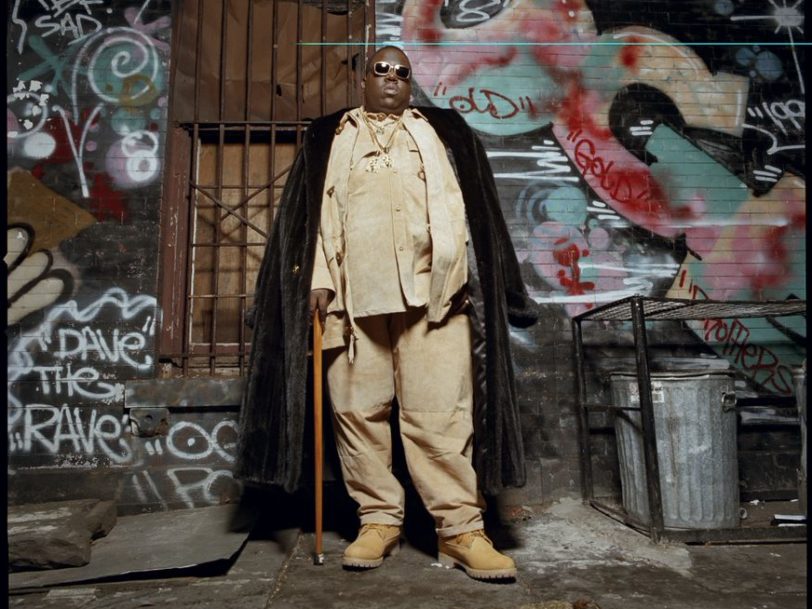The Brooklyn, New York City-born hip-hop legend The Notorious B.I.G. released his expansive sophomore album, the Grammy-nominated, diamond-selling double-disc Life After Death in late March 1997. Picked as the album’s explosive first single, Hypnotize, issued just weeks earlier, on 4 March, also scored a Grammy nomination, went platinum, and was immediately hailed as one of the best Notorious B.I.G. songs in a career most assumed would last for years to come. However, just less than a week after the song’s release, Biggie was dead, and Life After Death hit the shelves as if it were some eerily belated prophecy.
Listen to the best of The Notorious B.I.G. here.
A taster of that album’s forthcoming success, Hypnotize is a brashly echoing, ground-hugging cut – a tribute to Biggie Smalls’ own “sicker than your average” lyrical skills, with the rapper unapologetically spinning a lyrical web in which he hypes every part of his lifestyle, whether it be his footwear (“Timbs for my hooligans in Brooklyn”) or “the Lexus, LX, four and a half/Bulletproof glass, tints if I want some ass”. Now considering himself talented enough that he could “never lose”, Biggie also underlined his bond with Puff Daddy’s Bad Boy stable (“Poppa and Puff/Close like Starsky and Hutch”) and even threw in a reference to Da Doo Ron Ron, a hit by the 60s girl group The Crystals, for good measure (“Your crew run run run, your crew run run”). Though Life After Death was chock-full with collaborations, Hypnotize was essentially a Biggie solo rap, with a strangely dead-eyed – indeed, hypnotised – chorus by Pamela Long, on loan from R&B group Total, that proved he didn’t need anyone’s help in order to leave audiences spellbound.
One of the greatest singles of all time
Produced by Puffy the previous year, Hypnotize samples the chassis of Rise, a low-riding roller-skating jam Rise by the trumpet-playing A&M Records founder Herb Alpert. Alpert had long led The Tijuana Brass, purveyors of Latin-tinged easy-listening jazz best known for chirpy instrumentals such as Spanish Flea and Tijuana Taxi, but he flipped the script in 1979, introducing a new sound that steamed with all the heat rising up from the summer asphalt. But where Alpert’s original remained coolly relaxed, Biggie’s take was amped to the max underneath lyrics that delivered a mixture of wisdom and devil-may-care profligacy (“My car go one-60, swiftly/Wreck it – buy a new one”).




